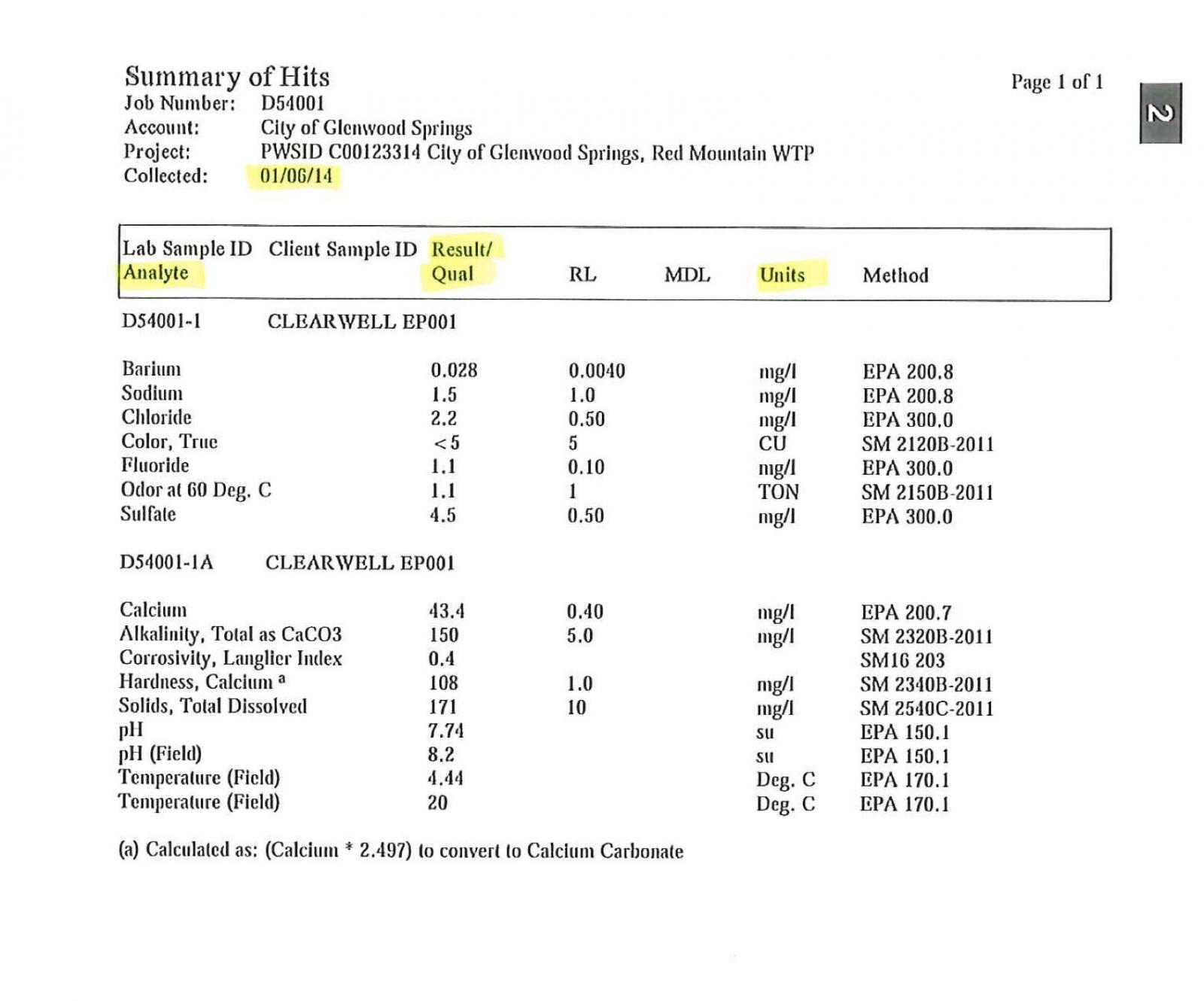So I have been slowly (very) been reading about water because I am finding my hoppy pale beers taste a little off.
From what I have read on the forums, How to Brew, the Primer here and other sources it almost sounds like just using RO water is the easiest way to go?
Is this what most people do or should I just use my tap water and adjust it?
I have pretty hard/alkaline? water I believe. I have my water report if people want to see it. It taste fine as it is pure rocky mountain spring water, just like Coors!
If RO is the way to go is there any reason why I wouldn't just get something like this?
http://theh2oguru.com/drinking-water-system/ro-mighty-mite-system-50gpd.html
Seems relatively cheap and it sounds like I can just hook it up to my faucet and start getting my water ready the night before a brew vs. the little more expensive setups that are under the counter and use a storage tank.
Any downsides to the system I linked?
Thanks for helping a non-chemistry type person as I try to figure this all out.
From what I have read on the forums, How to Brew, the Primer here and other sources it almost sounds like just using RO water is the easiest way to go?
Is this what most people do or should I just use my tap water and adjust it?
I have pretty hard/alkaline? water I believe. I have my water report if people want to see it. It taste fine as it is pure rocky mountain spring water, just like Coors!
If RO is the way to go is there any reason why I wouldn't just get something like this?
http://theh2oguru.com/drinking-water-system/ro-mighty-mite-system-50gpd.html
Seems relatively cheap and it sounds like I can just hook it up to my faucet and start getting my water ready the night before a brew vs. the little more expensive setups that are under the counter and use a storage tank.
Any downsides to the system I linked?
Thanks for helping a non-chemistry type person as I try to figure this all out.



